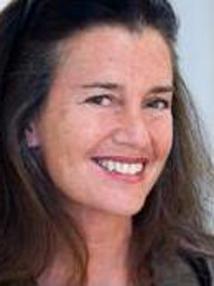BibTex format
@unpublished{Sintou:2019:10.1101/542597,
author = {Sintou, A and Rifai, SE and Mansfield, C and Rothery, S and Sanchez, Alonso J and Narodden, S and Sharma, K and Ferraro, E and Hasham, M and Swiatlowska, P and Harding, S and Rosenthal, N and Gorelik, J and Sattler, S},
doi = {10.1101/542597},
publisher = {bioRxiv},
title = {Persistent anti-heart autoimmunity causes cardiomyocyte damage in chronic heart failure},
url = {http://dx.doi.org/10.1101/542597},
year = {2019}
}

